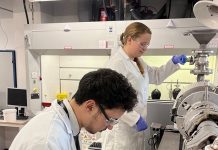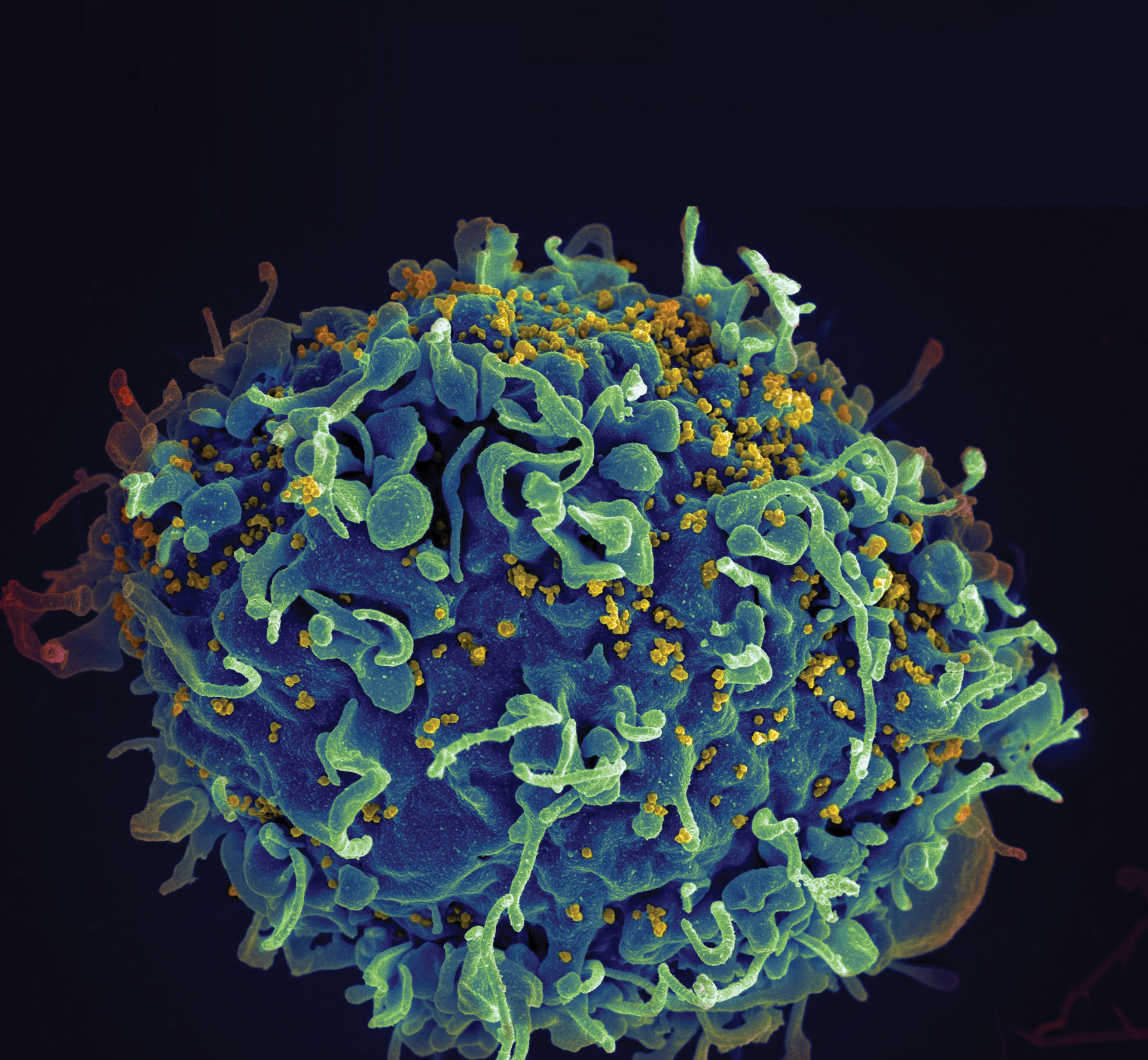The 2016 Wolf Prize in Chemistry has unanimously been awarded in equal parts to two scientists working in the United States.
Professor Kyriacos C. Nicolaou, of the Department of Chemistry, Rice University, Houston, Texas, was honoured for advancing the field of chemical synthesis. Professor Stuart L. Schreiber, of the Department of Chemistry and Chemical Biology, Harvard University, Cambridge, MA, was awarded the prize for pioneering chemical insights into the logic of signal transduction and gene regulation that led to important new therapeutics and for advancing chemical biology and medicine through the discovery of small-molecule probes. Wolf prizes are awarded by the Wolf Foundation, which began its activities in 1976, with an initial endowment fund of $10 million donated by the Wolf family.
The foundation said that Prof. Kyriacos C. Nicolaou propelled natural product synthesis into the modern era ‘with a level of ambition that has been and continues to be breathtaking.’ They said: “He is undoubtedly the world leader of the present generation in the field of total synthesis and biological activity. He has shown, like nobody else, how to strategically disconnect complex molecules into fragments leading to realisable chemical pathways. “This strategy represents a conceptual leap that has been emulated by many others and has broken a ‘glass ceiling’ in the art of synthesis. “He has made manifold contributions to the development of new methodologies, many now widely used by others, to surmount challenges encountered en route to the target. His syntheses are executed with a beauty and flair that has become legendary and inspired a new generation of chemists to follow his footsteps.”
They highlighted work including the synthesis of endiandric acids (plant metabolites), efrotomycin (antibiotic), amphotericin B (antifungal drug) calicheamicin g1I (anticancer drug), rapamycin (anticancer and immunosuppressive drug), Taxol® (top-selling anti-cancer drug), sanglifehrin A (immunosuppressant), apoptolidin (antitumor agent), hybocarpone (cytotoxic agent) coleophomones, uncialamycin (antitumor antibiotics), biyouyanagin A (anti-HIV agent,), hirsutellone B (antituberculosis agent). Prof. Stuart L. Schreiber contributions to chemistry, said the foundation, are ‘of a once-in-a-generation magnitude’ by the panel. They said: “As one of the earliest chemical biologists, Professor Schreiber’s research led to multiple major discoveries that continue to define and drive the field forward. “He discovered the FKBPs, proteins that bind FK506, a highly complex small molecule synthesized in Professor Schreiber’s laboratory. The resulting insights identified the signaling pathway that links calcium, calcineurin, and NFAT.
“Both the biology underlying this pathway, as well as the chemical approach used to illuminate it, have served as a foundation for many other investigations in hundreds of laboratories and has led to the use of FK506 and rapamycin as immunosuppressive and antiproliferative drugs. “Professor Schreiber’s subsequent work in elucidating biological pathways using small molecules has led to major discoveries in understanding the biology of nutrient sensing and immunosuppression, including the discovery of the protein kinase mTOR, which regulates cell proliferation, cell survival, transcription, and translation, as well as the discovery that small-molecule drugs can target protein kinases such as mTOR.”














